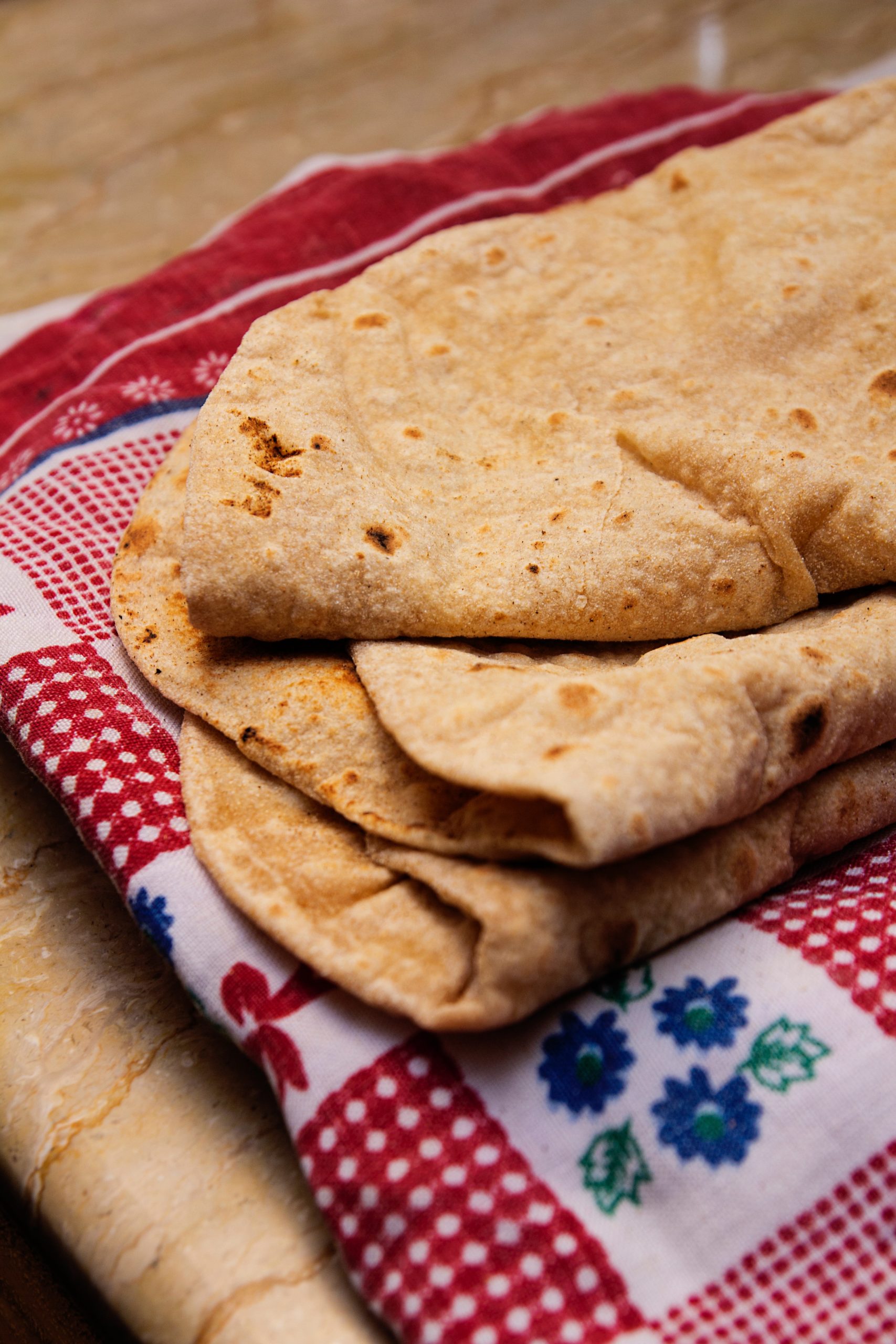This week we welcome Rev. Dr. Geomon George to the blog. Geomon K. George is a member of the faculty at City Seminary of New York. A native of India, he is an ordained minister in the Indian Pentecostal Church who pastors the International Gospel Church in Norwalk, Connecticut, with his wife, Reji. George holds a doctorate from the University of Edinburgh.

The other day, my wife, Reji, came home from work in the evening and started to prepare roti, a popular Indian flat bread, for dinner. The ingredients were simple: whole wheat flour and water (some add a little bit of oil and a pinch of salt). With these two basic ingredients, dinner was made.
In a large bowl, Reji combines two cups of whole wheat flour with about ¾ cup of water and kneads it to combine the flour and water, using the knuckles of her fingers to firmly press into the dough. This kneading process creates a smooth and stretchy mixture. Reji then divides the dough into small balls. Using a rolling pin, she rolls the dough t into a thin, flat circle. She then transfers it to a preheated pan (also called a tawa), flipping until it is cooked on both sides.
Reji brings everything into her cooking. Her whole body is part of the process as well as her five physical senses (sight, smell, touch, hearing, and taste). This routine activity of cooking roti not only nourishes and sustains our physical body, but is a practice that creates and recreates an embodied identity and care.
Preparing roti in an embodied way provides an opportunity to reflect on ministry practices. The practice of ministry is a process of action and reflection: In this process, our embodied self helps us to pay attention to our community context. This incarnational presence in ordinary space, time, and relationships offers an embodied hope into our everyday life. The physical senses help us to immerse ourselves deeply in our neighborhood to listen to vulnerable and marginalized voices, seeing our neighborhood through new eyes and cultivating friendship over a course meal. It is a praxis of how and why we minister.
Just as roti can be made with two simple ingredients, ministry doesn’t have to be so complicated. Ministry is simply responding to what is before us – the work of healing, care, reconciliation, redemption, and justice. This approach shatters unhealthy expectations and creates opportunity for thriving through adaptability, creativity, and flexibility in ministry.
Since Christ dwells in us and our bodies are temples of God, God reveals His love through our bodies and actions. In doing so, we live out being the image of God in our embodied self. In this process, we not only pay attention to our whole self, but also to other “bodies” in our midst and community. There is a sense of proximity with embodied ministry. It is more than an intellectual exercise or a simple understanding of theoretical concepts. The embodied ministry is a ministry in motion. It is an invitation to be present and a way of sharing ourselves. There is a realignment of mind and body. It is a holistic approach of bridging mind and heart, body and soul, as we minister in our local and global community contexts.












